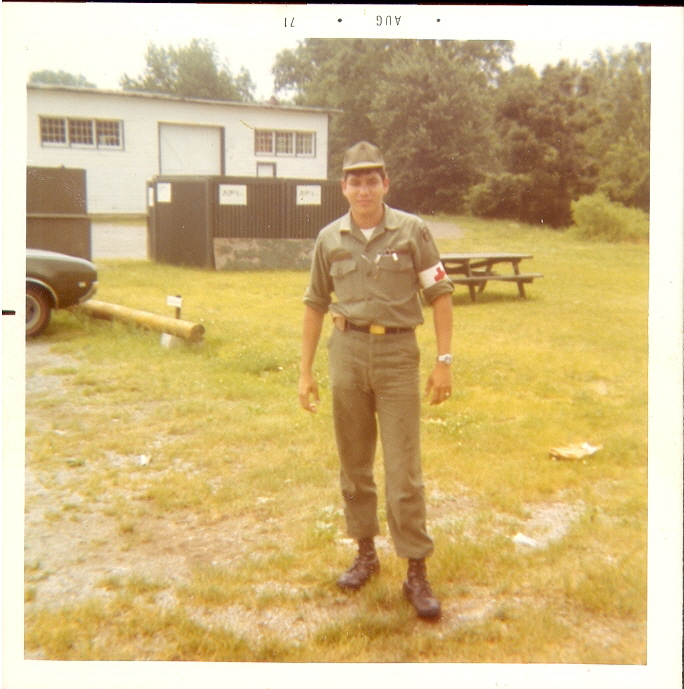TRANSCRIPTION
What are your earliest childhood memories?
My father being so tall and everyone staring at him. I asked Jose how tall he turly was and Jose told me that he was about 6'4 in high. Jose truly wanted to be as tall as his father and when he hit his late teens he achieved the hight of 6'2.
How long did it take you to pick up all those cigareet buds on the ground while you were still in basic training?
It took me about 10 to 15 minutes to finally finish picking them all up. This was another part of our discipline schedule, to make sure we don't slake off, because if we do are higher ups will give us something to think twice about.
If you didn't go to bed at 11:00 P.M., what would happen to you if you didn't obey the time schedule set by your commander?
You would get kicked out of the military. The people in charge were very strict when it came to people being so young. The young kids just had a hard time adjusting to the new life style that got placed on them. They weren't used to having time schedules and above all else they liked the party life.
On the first attack on Saigon, how many people did you managed to save Jose?
I Saved about 50 people on the battlefield. I got dropped off by a helicopter and rushed onto the battlefield to safe anyone that I came across. Mostly when I came into first contact with someone I treated their wounds.
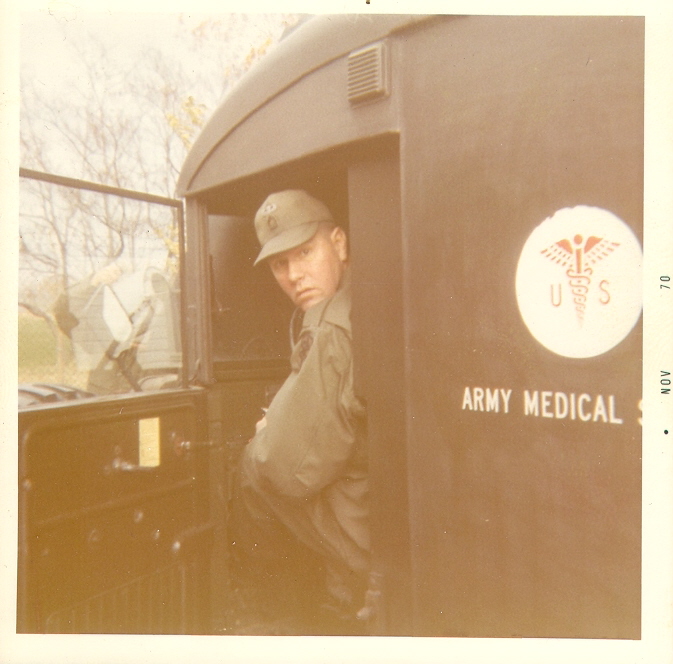
How long did basic training take you to be a Combat Medic?
I went to school for about 2 a 1/2 months. I focused on the military school so I can achieve my goal and to save my friends who might get injured in battle. I knew what I would be getting myslef into when I went to med school to ba a Combat Medic. I just wanted to lend a helping hand, not so much trying to become a hero of any sort.

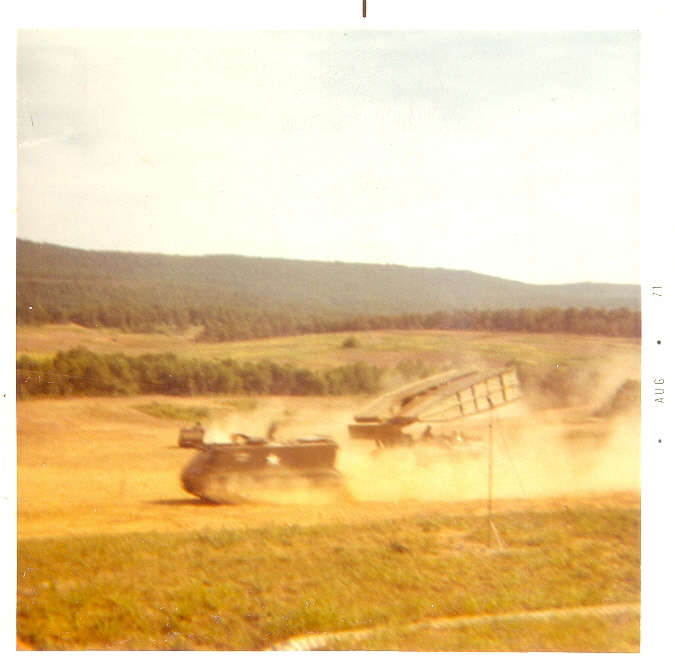
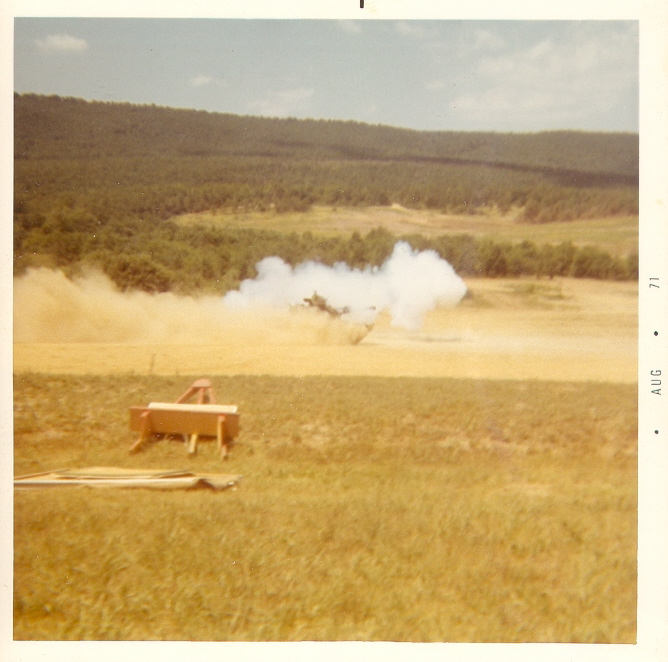
How did it feel when you got shot in your right side by a bullet?
It felt warm, and afterwards since I started to think about it I started to feel a lot of pain. The pain was hard to bare at times because I got shot and still hand to drag someone off the battlefield. I just couldn't think about the pain just to help my comrades who was in far worse shape than I was.
How did it make you feel seeing your comrades dying right in front of your very eyes Jose?
Very sad, feels like I wanted to commit suicide. There's nothing more tragic than seeing a friend die right in front of your eyes and knowing that you couldn't do anything to safe him. At times I just felt so powerless and I couldn't do anything to help them so my thoughts just rushed through my mind and started to get even more depressed.
When you received your disability from your years of service in the military, how much percentage did you get back?
I got only 40% back from my years of service and it made me feel exteremely disheartend, because of the fact that I was considered Puerto Rican. Puerto Rico was considered a part of the United States so I couldn't understand why I only got that much percentage back.
The base you where stationed at, how many times did it get attacked by enemy forces?
Only twice since I was there, both were during the day and only lasted about 15 to 25 minutes/ Little skirmishes that caused minor damage to the base and very few casualties occurred.
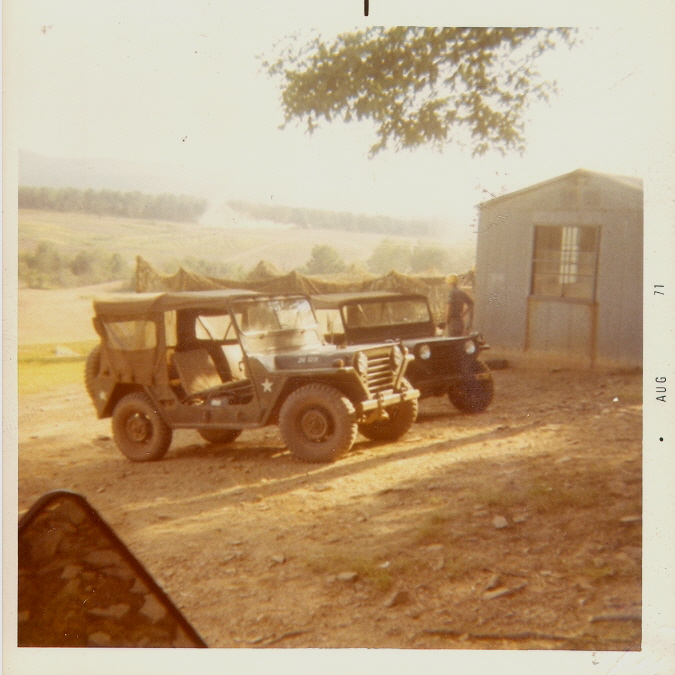

Did you ever feel mistreated, like an outcast to society after the war?
Yes I did, the war was lost of course and we basically celebrated nothing. The United States citizens didn't welcome us back with grace or open arms. We were treated like a disease of some sort that wouldn't go away. I had friends who couldn't find any jobs for months on end, just because of the fact they were part of Vietnam.
Were you ever attacked while you were on drop?
We were under heavy fire when we had to go out for rescue missions. Heavy fire coming from all directions, when we hit the ground we rushed towards the injured men, grabbing them and dragging them out of the battlefield and onto the helicopter. At times it seemed more of us, the Combat Medics were the ones who were getting shot because the enemy didn't want us to help our comrades. They just wanted them to bleed to death on the battlefield.
Did you ever have a close friend that died beside you in battle?
Yes I had a very close friend that died beside me in battle. I couldn't safe him in time to stop the bleeding. It crushed my heart to see his eyes close very slowly when I was doing what I could only do to stop the bleeding.
After the war ended, who if any did welcome you home with open arms?
The only ones who welcomed me home were my mother and my father. My girlfriend was their crying her eyes out in joy to see my finally come home safe. It made me feel very happy that I was backin the states and I could finally start my life the way I wanted to for so long.
How long were you out of the army when you got shot, were did they take you to get medical treatment?
They transported me to Germany for about 2 months so I can properly heal my injuries from the bullet in my right side.

Do you remember what year you got the draft notice from the military?
It was sometime in November of 1967. I looked forward tot he opportunity because my father being in World War 2 gave me inspiration. I didn't feel scared or get depressed at all from the news that I was being drafted in the military.
When you already knew that you were accepted in the military, did you fell that you wanted to make a career out of it?
I felt that I would serve my counrty for a few years and get out and start a family and go to school and get some education and work my way down that path. So I knew that I wasn't going to stay in the military forever.
What were your thoughts about Vietnam to begin with?
It was about the money, I didn't like that fact that they nip picked every single thing in such a fashion that everyone would just go all ballistic. At that time when the war was drawing closer to teh end I knew I wanted to get out of that miss.
What were your living conditions like Jose?
We preaty muched lived in tents with two by fours. Water never got into the tent, not even from the ground. We packed dirt all around our tents so water want rush into it, the dirt would harden and prevent water from leaking into our tent.

What is your best and worst memory about the war Jose?
The best would have to be when me and my buddies beat the hell out of a yellow jackets nest that was under a truck to scare the hell out of some white guy that was seating on the tail end of the truck. Man me and my buddies couldn't stop laughing, but of course we did preaty much anything to have a good laugh every now and then. The worst would have to be all the casualties that I saw and the burn marks, chopped legs from all the young men that I encountered.
Did you get any leisure time? If so what did you do?
RNR, I liked it when we went to BeachesAustralia and I loved it. It was a clam peaceful place, a good place to calm your mind. All the bikini woman walking around just shaking what they got really took my mind off things.
Is there anything else you would like to add to this interview?
I got a chance to explore more about Vietnam that I didn't even get a chance to learn about it when I was younger. I found out things that were most disturbing and most explanatory. Through the interview my mind expanded more, that being said, gave me some idea's for more stories to write since I am going to school to be a film director.
